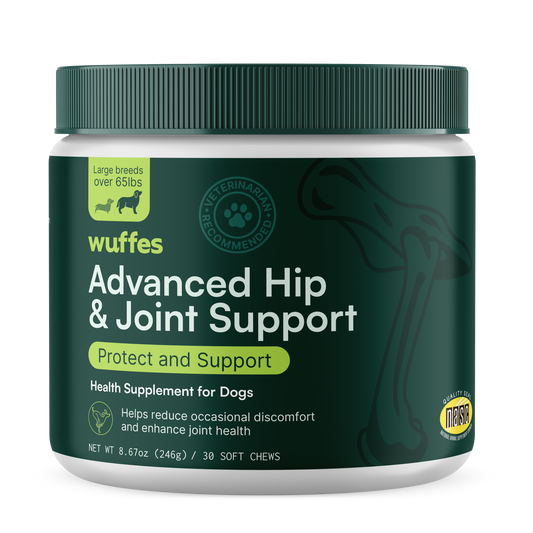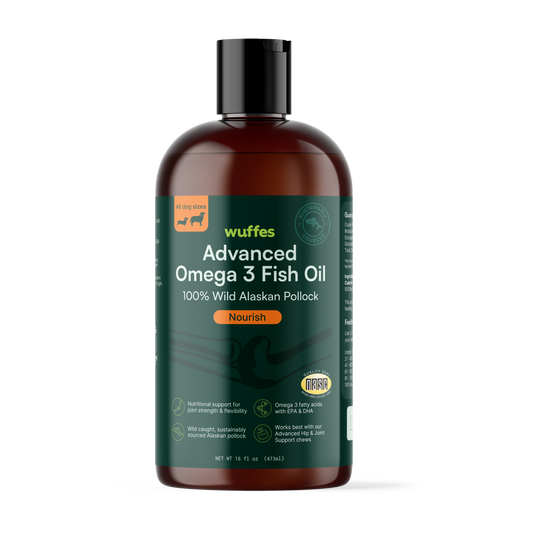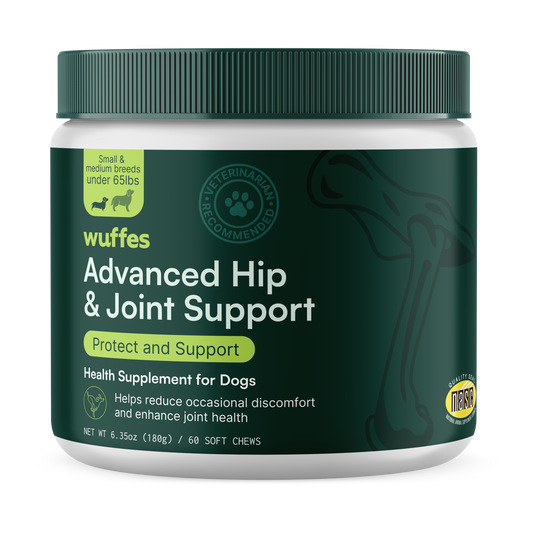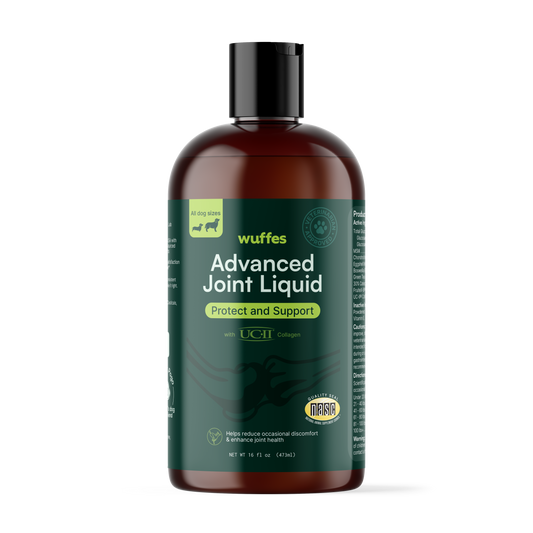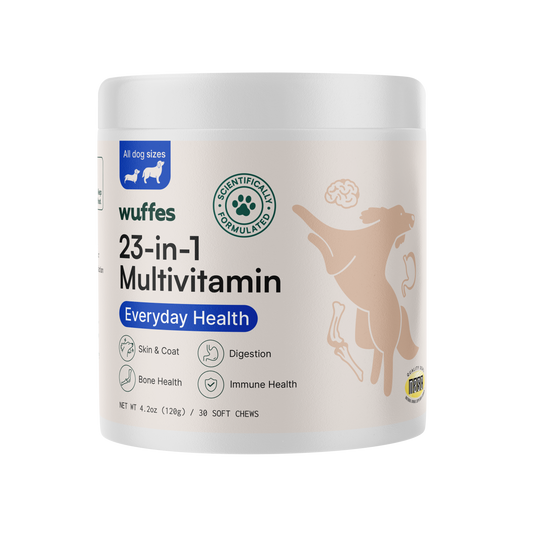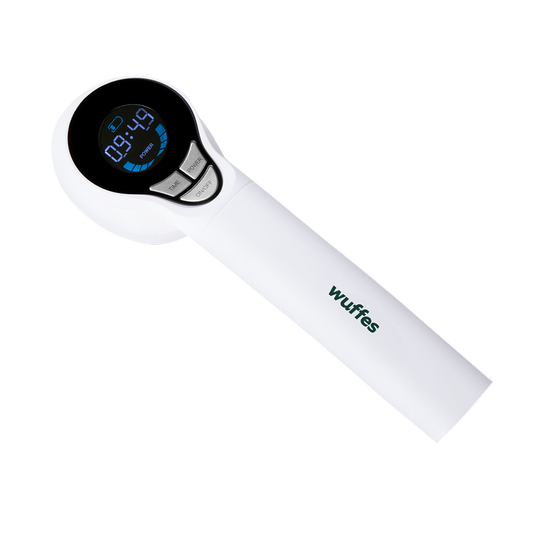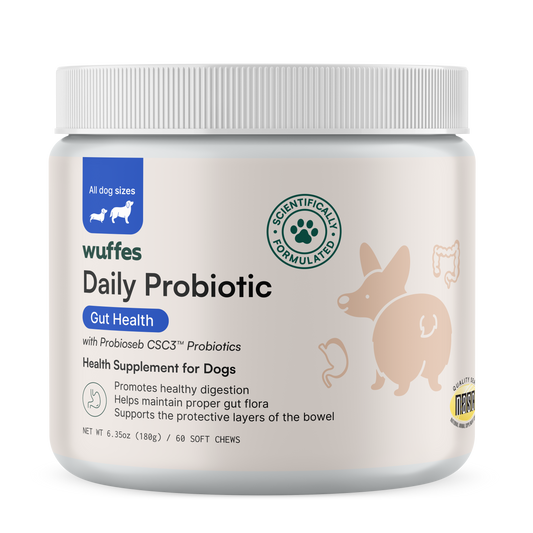The spring and summer seasons can bring various ailments, and our dogs are no exception. Contrary to popular belief, dogs can develop allergies similar to hayfever.
What is hayfever in dogs?
Hayfever is a type of atopy, or allergic reaction, often triggered by allergens such as pollen from flowers, weeds, grasses, and trees. While humans may experience flu-like symptoms like colds and sneezing in response to these allergens, dogs can face more serious consequences.
Dogs have sensitive skin and coats, which makes them susceptible to these allergens penetrating deeply and causing skin irritation. Additionally, fleas and mites, which are more common during the warmer months, can exacerbate symptoms. Their bites can lead to significant itchiness, further complicating the situation.
A weakened immune system can increase a dog's vulnerability to these allergens, emphasizing the importance of supporting their overall health to help repel minor issues like hayfever.
What are the signs of hayfever in dogs?
- Respiratory Symptoms: Dogs may exhibit flu-like symptoms, including sneezing, a runny nose, red and watery eyes, and difficulty breathing due to nasal congestion. Typically, dogs do not develop a fever, as hayfever is not caused by a virus.
- Skin Allergies: Dogs may experience intense itchiness, leading to scratching, redness, pimples, and wounds. This can ultimately result in hair loss.
Both respiratory and skin allergies can cause significant discomfort, leading to lethargy, decreased appetite, and changes in behavior. If left unaddressed, open wounds may become breeding grounds for bacteria, increasing the risk of infections.
How to support your dog during hayfever season
-
Boost Immune Health: Strengthening your dog's immune system is crucial for managing hayfever. A balanced diet combined with regular exercise can help support their overall health.
- Consider Multivitamins: Introducing your dog to multivitamins can be beneficial, particularly those enriched with Vitamin A, Vitamin C, and Iron. These nutrients play a vital role in supporting immune function. Since they are often found in foods that may not be compatible with dogs, supplements are an effective way to ensure they receive these essential vitamins.
- Enhance Skin Health: Additionally, providing Vitamin E and Collagen can help support your dog’s skin and coat condition. These nutrients can support skin resilience and smoothness, aiding in overall comfort during allergy season.
While hayfever may not seem as severe as other health issues, it can significantly affect your dog’s well-being. Being proactive in boosting your dog’s immunity and overall health can help them navigate allergy season more comfortably.

